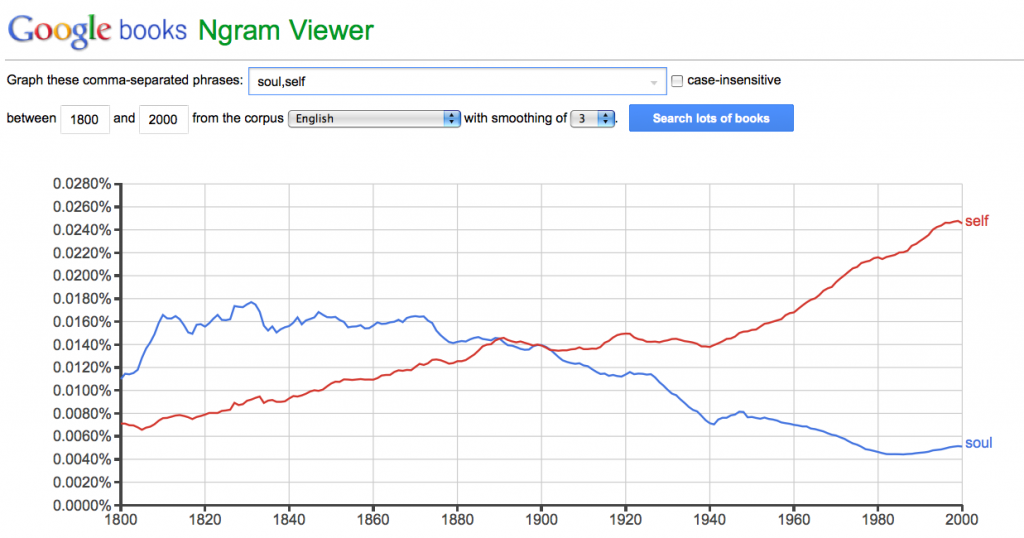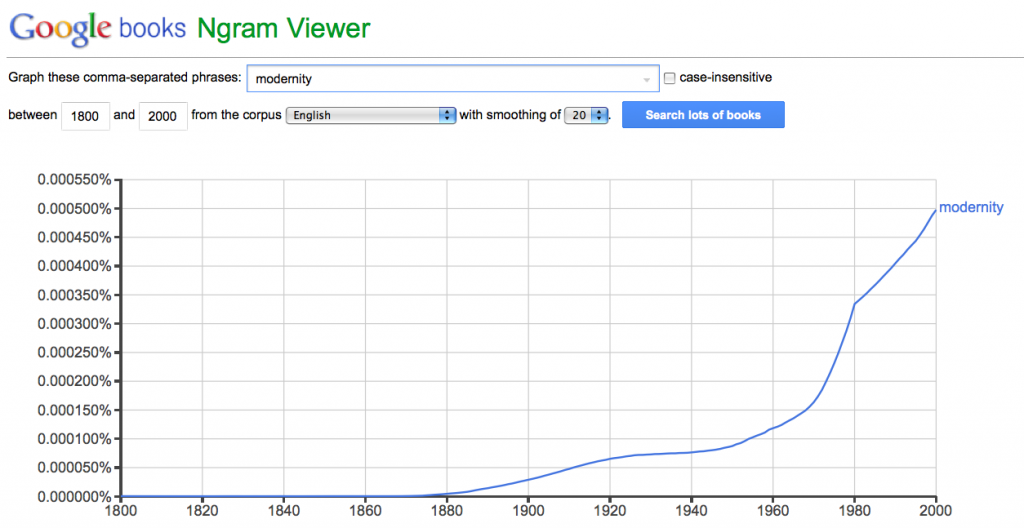 In the final scene of Barry Levinson’s 1990 film, “Avalon,” Michael, the grandson (played as a child by Elijah Wood and by Tom Wood as an adult), is now all grown up, with a son of his own, and on yet another Thanksgiving, he goes to the nursing home to visit his grandfather, Sam, who is now quite forgetful and aged. Continue reading ““Gone. All Gone””
In the final scene of Barry Levinson’s 1990 film, “Avalon,” Michael, the grandson (played as a child by Elijah Wood and by Tom Wood as an adult), is now all grown up, with a son of his own, and on yet another Thanksgiving, he goes to the nursing home to visit his grandfather, Sam, who is now quite forgetful and aged. Continue reading ““Gone. All Gone””
When Choirs Preach to Themselves

I was struck last week by this article from the New York Times, which (serendipitiously) corresponds to a classroom experience that I often have. In the article, author Maria Konnikova describes the role that facts play in belief formation. Konnikova is documenting what many other psychologists have also noted: many of our strongly-held beliefs are formed not because they are particularly logical or backed with hard data, but emerge only to the degree that they reinforce ideas that we already hold. What this means is that we tend to gravitate towards the familiar rather than the factual.
There are many reasons why people reject sound data, and Konnikova mentions briefly that mistrust of authority is a predominant reason. But I think there might be something even more fundamental going on here, something I often witness in my own students’ responses when I have them do a very simple exercise. Continue reading “When Choirs Preach to Themselves”
Different Discourse, Same Effect

 Modernity began officially around 1889, I guess, when one discourse first supplanted the other — though with both achieving the same effect, of course: producing the impression of uniform individual existence despite all of us being always and already immersed in the social. Continue reading “Different Discourse, Same Effect”
Modernity began officially around 1889, I guess, when one discourse first supplanted the other — though with both achieving the same effect, of course: producing the impression of uniform individual existence despite all of us being always and already immersed in the social. Continue reading “Different Discourse, Same Effect”
Why Durkheim Was Right: On the Perils of Being a Young, Cute Shoplifter

In yet another entry from the annals of my parenting adventures, a particularly memorable event has always served me well as a reminder of Durkheim’s claim that the beliefs that we often perceive to be so central to our identities are often arrived at only after sufficient (and usually physical) conditioning creates them. Continue reading “Why Durkheim Was Right: On the Perils of Being a Young, Cute Shoplifter”
